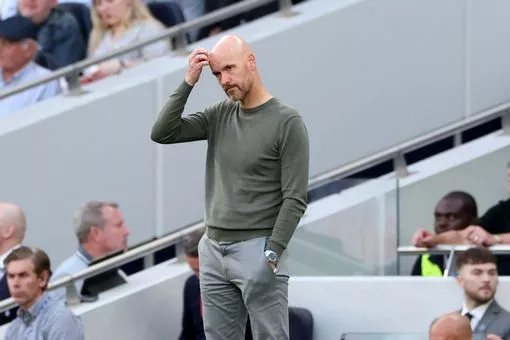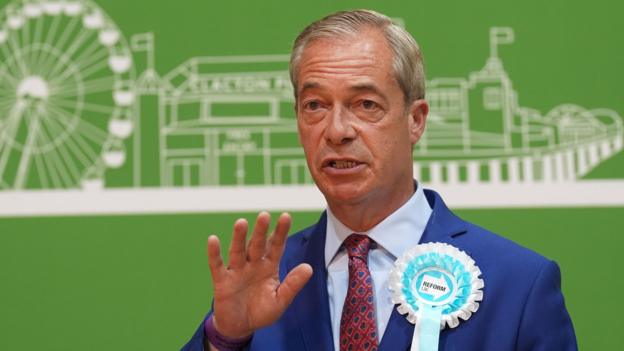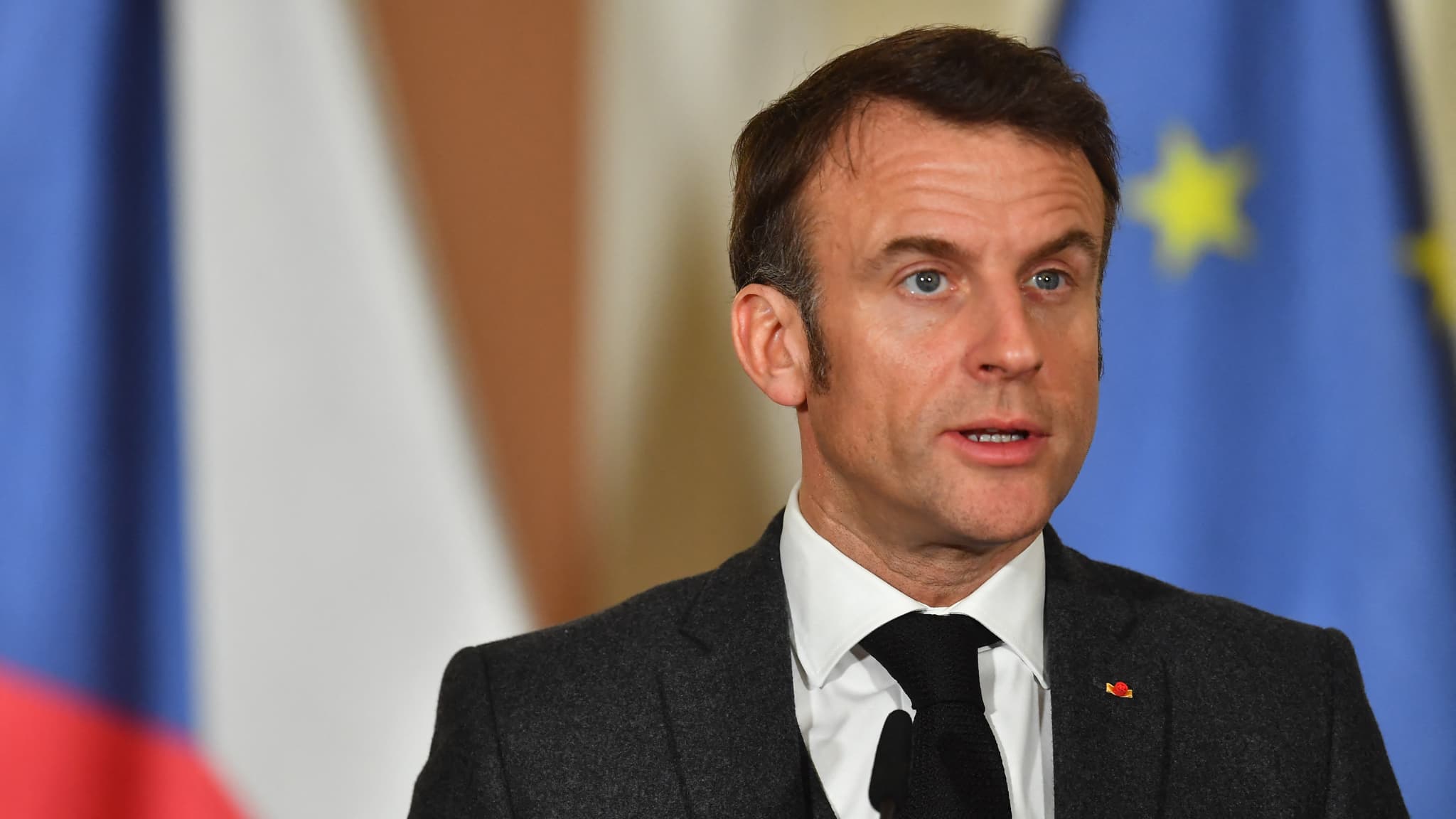Graeme Souness On Manchester United's Transfer Mistakes

Table of Contents
Graeme Souness, a name synonymous with fiery passion and insightful football analysis, has recently turned his critical eye towards Manchester United's transfer strategy. His comments, often blunt and uncompromising, have sparked debate amongst fans and pundits alike. This article delves into Graeme Souness on Manchester United's transfer mistakes, examining his key criticisms and analyzing their impact on the club's performance. We'll explore specific examples of high-profile signings – both successes and failures – to understand the scope of his assessment.
Souness's Criticism of Manchester United's Recruitment Process
Souness's critique isn't simply about individual signings; it's a broader assessment of Manchester United's entire recruitment process. He's likely to highlight a lack of clear vision and consistency, questioning the overall strategy behind player acquisitions.
Lack of Clear Transfer Strategy
One of Souness's most likely criticisms centers around the perceived absence of a cohesive long-term plan in Manchester United's transfer activity. The club often appears to react to immediate needs rather than executing a well-defined player recruitment strategy built on a strong long-term vision. This leads to inconsistencies in the profiles of players acquired, hindering the development of team synergy.
- Inconsistent player profiles: Signings often lack a clear unifying characteristic, resulting in a squad lacking a cohesive playing style.
- Lack of synergy: New signings frequently fail to seamlessly integrate with the existing squad, creating disharmony on the pitch.
- For example, Souness might point to instances where a high-profile attacking player is signed without adequate support in midfield, undermining their effectiveness.
Overspending and Inflated Transfer Fees
Souness is likely to express concern about Manchester United's spending habits, pointing to instances where they've paid inflated transfer fees for players who haven't delivered commensurate value. This overspending not only impacts the club's finances but also hampers their ability to build a balanced squad.
- High-profile underperformers: A list of expensive signings who failed to meet expectations would likely feature prominently in Souness's analysis. This could include players signed for significant fees but who subsequently struggled to adapt to the Premier League or the club's style of play.
- Poor value for money: Specific examples of players who cost exorbitant sums yet delivered poor performance would be highlighted, contrasting them with players who provided better value at a lower cost.
- Statistical analysis showcasing the disparity between transfer fees paid and the actual on-field contribution of these players would strengthen this point.
The Impact of Poor Transfers on Manchester United's Performance
The consequences of Manchester United's flawed transfer strategy are evident on the pitch. Souness's analysis will likely pinpoint how poor signings have directly impacted the club's overall performance.
Disruption of Team Chemistry and Tactics
Poor transfer decisions can significantly disrupt team chemistry and tactical implementation. When new signings don't fit into the team's style of play or existing dynamics, it creates instability and inconsistency.
- Style clashes: Examples of signings whose playing style clashed with the team's overall approach, leading to tactical imbalances and reduced on-field effectiveness.
- Disrupted team dynamics: Specific instances where a new signing disrupted the existing team harmony, negatively affecting morale and performance.
- Statistical evidence, such as a decline in win percentage or league position following specific transfer windows, would solidify this argument.
Lack of Long-Term Success
A recurring theme in Souness's criticism would likely be the detrimental effect of poor transfer decisions on Manchester United's ability to achieve sustained success. Inconsistent recruitment has hampered their capacity to build a strong core squad capable of consistently challenging for major trophies.
- Failure to build a strong core: Highlighting the lack of a stable spine in the squad, emphasizing the need for consistency in player acquisition to build a foundation for long-term success.
- Comparison with successful clubs: Contrasting Manchester United's transfer strategy with that of consistently successful clubs, illustrating the impact of a long-term vision.
- Historical data illustrating the lack of sustained success compared to their rivals would provide strong supporting evidence.
Souness's Suggested Improvements to Manchester United's Transfer Approach
Souness's critique isn't solely about highlighting problems; it would also involve suggesting concrete improvements to Manchester United's transfer approach.
Emphasis on Scouting and Player Development
A key element of Souness's proposed solution is likely to be a significant investment in scouting networks and youth development programs. He'd probably advocate for a more proactive approach to identifying and nurturing young talent.
- Strengthening the youth academy: Specific suggestions for improving the club's youth academy, including enhanced coaching, facilities, and recruitment strategies.
- Improving scouting networks: Proposing methods for enhancing the club's scouting capabilities, including the use of data analytics and increased collaboration with agents and other clubs.
- Success stories of other clubs who have successfully nurtured young talent would reinforce this point.
A More Data-Driven Approach to Transfers
Souness would likely emphasize the importance of incorporating data analytics into the transfer process. A data-driven approach can lead to more informed and successful transfer decisions, minimizing the risks associated with expensive signings.
- Utilizing data analytics: Explaining how sophisticated statistical models can be employed to assess player performance, predict future success, and identify undervalued talent.
- Transfer market analysis: Highlighting the value of comprehensive transfer market analysis to optimize spending and avoid overpaying for players.
- Specific examples of clubs who successfully utilize data analytics in their transfer strategy would enhance credibility.
Conclusion
Graeme Souness's analysis of Manchester United's transfer mistakes paints a picture of a club struggling with inconsistent recruitment, inflated transfer fees, and a lack of long-term strategic vision. His criticisms highlight the detrimental impact of these issues on team chemistry, tactical cohesion, and sustained success. Souness's suggested improvements, focusing on enhanced scouting, youth development, and a data-driven approach, offer a pathway towards a more effective and sustainable transfer strategy. What are your thoughts on Graeme Souness's analysis of Manchester United's transfer mistakes? Share your views in the comments below!

Featured Posts
-
 Technical Glitch Halts Blue Origin Rocket Launch
May 03, 2025
Technical Glitch Halts Blue Origin Rocket Launch
May 03, 2025 -
 Lisa Ann Keller Obituary East Idaho News
May 03, 2025
Lisa Ann Keller Obituary East Idaho News
May 03, 2025 -
 Reform Uks Rupert Lowe Police Report Filed Over Bullying Allegations
May 03, 2025
Reform Uks Rupert Lowe Police Report Filed Over Bullying Allegations
May 03, 2025 -
 La France Et La Russie Macron Prepare Une Intensification De La Pression
May 03, 2025
La France Et La Russie Macron Prepare Une Intensification De La Pression
May 03, 2025 -
 Supreme Court Decision Lees Presidential Candidacy In Jeopardy After Acquittal Reversal
May 03, 2025
Supreme Court Decision Lees Presidential Candidacy In Jeopardy After Acquittal Reversal
May 03, 2025
